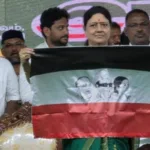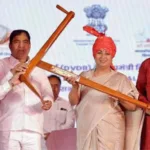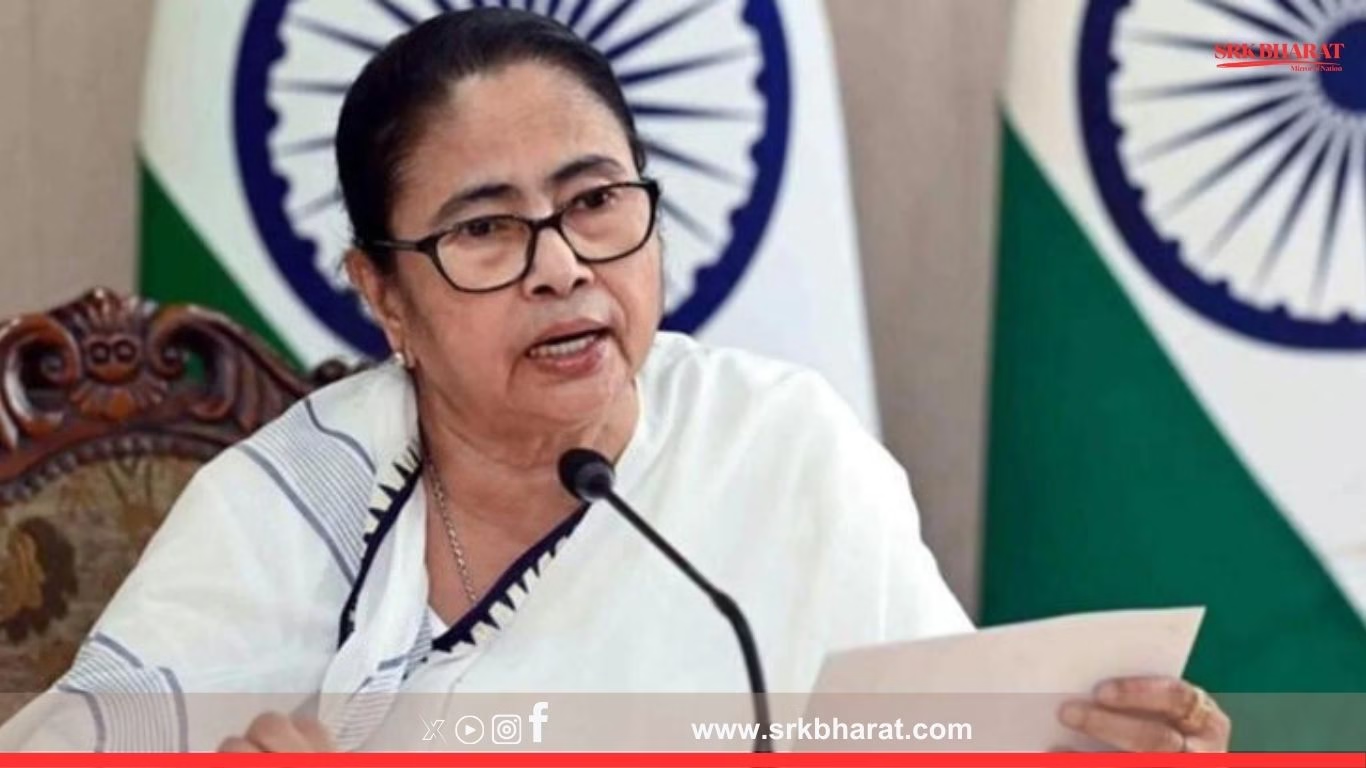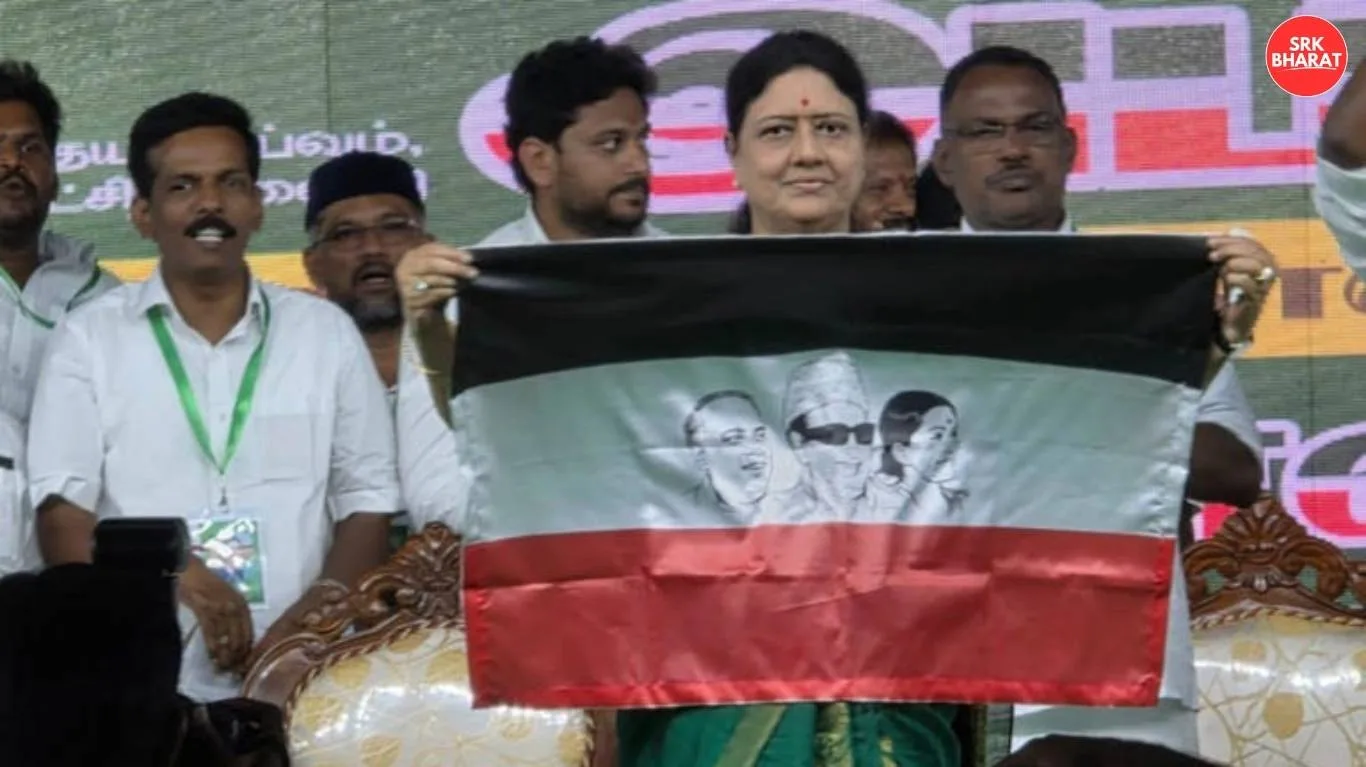In a strong show of solidarity, West Bengal Chief Minister Mamata Banerjee has publicly extended support to voter list revision workers, following reports of rising tensions and alleged intimidation in several districts during the ongoing electoral roll update process. The Chief Minister’s move underscores her government’s commitment to ensuring free, fair, and transparent elections while simultaneously sending a political message to both the opposition and the Election Commission of India.
The Context Behind the Tensions
The voter list revision exercise, a routine but crucial pre-election activity, involves on-ground workers verifying and updating the electoral rolls to ensure accuracy. However, this year’s revision has been marked by complaints of harassment, obstruction, and political pressure, particularly in rural and semi-urban constituencies.
Opposition parties have accused the ruling Trinamool Congress (TMC) of influencing the process, while TMC leaders claim that central agencies and rival party cadres are attempting to disrupt the work to create chaos ahead of the 2026 West Bengal Assembly polls.
Mamata Banerjee’s Direct Intervention
Addressing a public rally in North 24 Parganas, Mamata Banerjee openly backed the voter list revision staff, many of whom are school teachers, local government employees, and contractual workers.
Her key assurances included:
- Full administrative support to ensure their safety and independence.
- Legal protection against wrongful intimidation or harassment.
- Strict action against any political interference in the electoral roll update process.
“No one has the right to harass those who are doing their duty for democracy. I will not tolerate any form of intimidation,” Mamata Banerjee declared, drawing loud applause from the audience.
The Political Significance
Analysts say Mamata’s move serves a dual purpose:
- Reassuring the administrative workforce that her government stands behind them, thereby ensuring smoother electoral preparations.
- Framing the opposition as disruptive elements who are trying to destabilize Bengal’s democratic framework.
This strategy also helps the TMC position itself as the guardian of democratic integrity, a narrative that can resonate with both government employees and general voters.
Electoral Stakes for 2026
The voter list revision is not merely an administrative exercise; it can directly influence electoral outcomes. Ensuring updated rolls means:
- Preventing bogus voting.
- Enabling first-time voters to participate.
- Removing deceased or ineligible names to avoid fraud.
Projected Impact of Voter List Accuracy in 2026 Elections
| Voter Category | Estimated Current Count (millions) | Expected Increase After Revision (%) | Potential Electoral Impact |
|---|---|---|---|
| First-time Voters | 2.8 | 15 | High turnout influence in urban seats |
| Women Voters | 36.5 | 3 | Could swing close contests |
| Rural Voters | 52.0 | 2 | Significant in TMC strongholds |
| Senior Citizens | 6.7 | 1 | Stability vote, policy impact |
District-Wise Tensions Reported
While the Election Commission maintains that the process is largely smooth, reports from ground sources suggest pockets of unrest:
| District | Reported Issues | Response from Authorities |
|---|---|---|
| North 24 Parganas | Alleged intimidation by local cadres | Police deployment, EC warning |
| Birbhum | Delay in form collection | Extra revision staff sent |
| Cooch Behar | Clash between rival party workers | FIR filed, arrests made |
| Howrah | Threats to enumerators | Administrative warning issued |
Role of the Election Commission
The Election Commission of India (ECI) has instructed state authorities to provide adequate security to enumeration staff and to act swiftly on complaints. Special monitoring cells have been activated in sensitive districts to ensure a politically neutral and transparent process.
However, political experts believe that ECI’s impartial image is under stress in Bengal’s polarised environment, where both the ruling and opposition parties frequently accuse it of bias.
Opposition’s Counterattack
The Bharatiya Janata Party (BJP) has alleged that the TMC’s show of support for the revision workers is a cover to influence their work. BJP leaders claim that certain officials sympathetic to TMC are overlooking objections raised by their workers during the verification process.
Meanwhile, the Congress-Left alliance has accused both TMC and BJP of politicising the exercise, calling for a joint all-party monitoring system to safeguard the process.
Protecting Workers on the Ground
For voter list revision workers, the political noise translates into real-life risks—ranging from verbal abuse to physical threats. These workers often have to visit politically sensitive neighbourhoods where party rivalries run deep.
The state government has issued helpline numbers and legal aid support for those facing trouble, with instructions for police to respond within 30 minutes of a distress call.
The Road Ahead – From Revision to Election Readiness
The voter list revision process is scheduled to conclude in early 2025, giving the Election Commission and political parties over a year to prepare for the high-stakes 2026 Assembly elections.
Expected Steps Post-Revision:
- Public Objection Hearings – To resolve disputes over inclusions and exclusions.
- Final List Publication – Expected by mid-2025.
- Booth-Level Voter Awareness Drives – To educate citizens about their rights and procedures.
- Election Security Planning – Based on updated voter demographics and sensitive zones.
Why Mamata’s Move Could Matter
By taking a visible and vocal stand in favour of the revision workers, Mamata Banerjee has signalled that administrative machinery and political leadership must work hand-in-hand for democratic health. This narrative could resonate strongly in the coming months, especially among government staff, women voters, and first-time electors.
If effectively combined with her government’s welfare programs and cultural connect, this move might help TMC consolidate both urban and rural electoral bases ahead of the polls.
Conclusion – A Test of Bengal’s Democratic Machinery
The voter list revision process in Bengal is more than an administrative update; it’s a litmus test for the state’s democratic resilience in a politically charged climate. With Mamata Banerjee’s direct intervention and the Election Commission’s oversight, the coming months will reveal whether Bengal can navigate these tensions without undermining its electoral credibility.
For now, the Chief Minister’s message is clear: those safeguarding the voter list are safeguarding democracy itself—and they will have her full backing.
Disclaimer: This news article is based on political developments, media briefings, and expert opinions. It is intended for informational purposes only and does not represent any political endorsement or bias.












рейтинг лучших seo агентств reiting-seo-kompanii.ru .